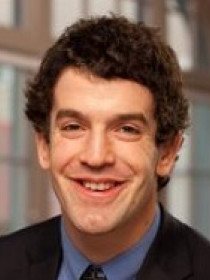
Max Rose
Connect with Max
About Max
Rose works for MDC, a nonprofit organization that publishes research and develops programs that help people and their communities overcome the barriers to educational and economic opportunity. He contributes writing, data analysis, and project management to teams at MDC that work with foundations to examine how they can refocus their activities and deploy themselves to address the issues of fairness and opportunity in their communities, and that help organize Durham education, business and community leaders to increase the number of Durham young people receiving postsecondary credentials and living wage work. His academic writing focuses on how the media framing of United States poverty changes public policy. Rose is also on the Allocations Committee of Durham’s Partnership for Children and the Learning Environment Committee of Student U, two organizations serving children and families in Durham.
Contributions
In the News
Publications
Shows how media discussion of poverty has shifted since the War on Poverty from arguments that focus on the structural causes of poverty or the social costs of having large numbers of poor, to portrayals of the poor as cheaters and chiselers and of welfare programs doing more harm than good. As the frames have shifted, policies have followed.
Sets out a vision that every young person in Durham should have the opportunity to achieve a postsecondary credential and begin a rewarding career by the age of 25. This report’s central premise is that all of Durham’s youth and young adults are entitled to a first-rate education and training system that prepares them for successful adulthood and good jobs in Durham’s labor market.